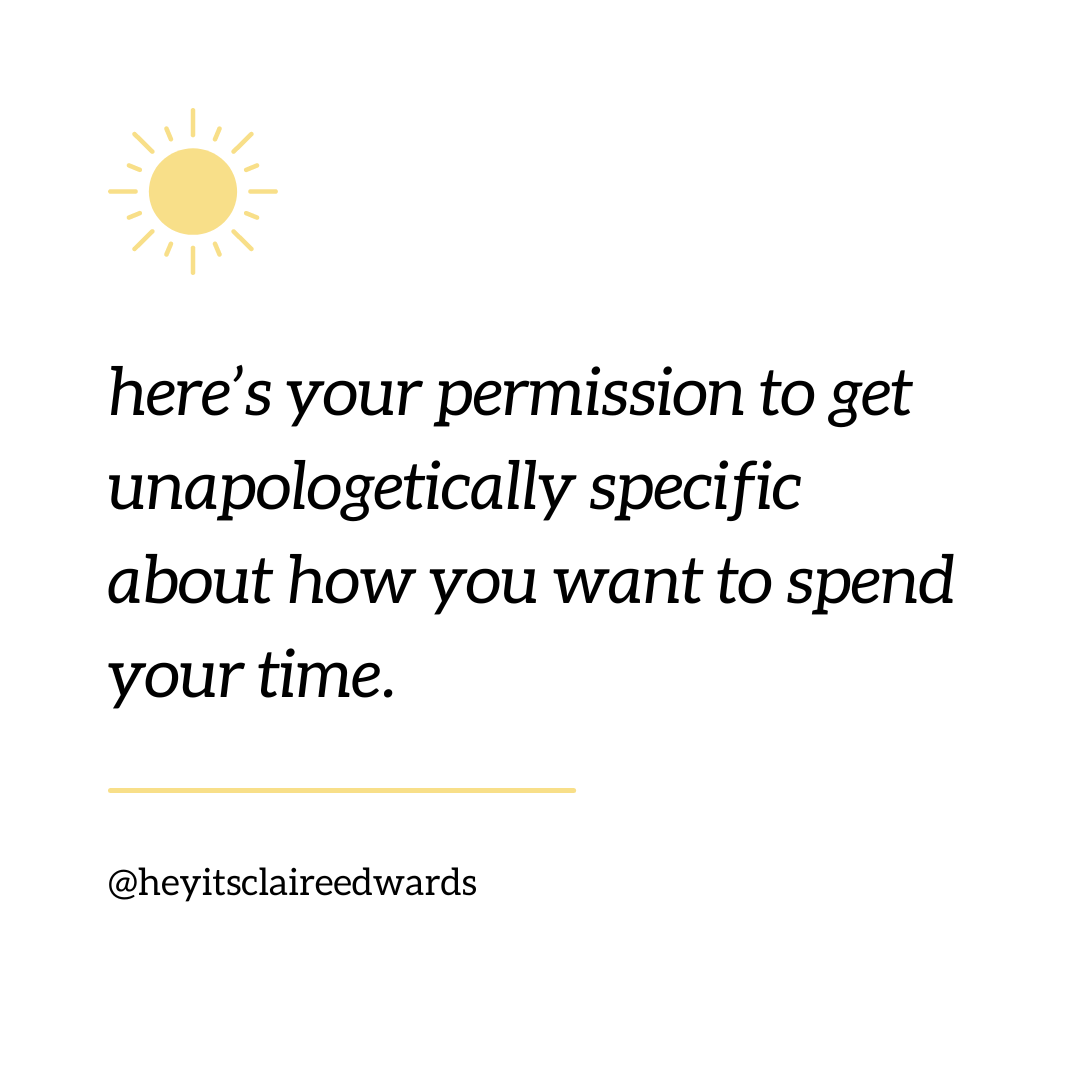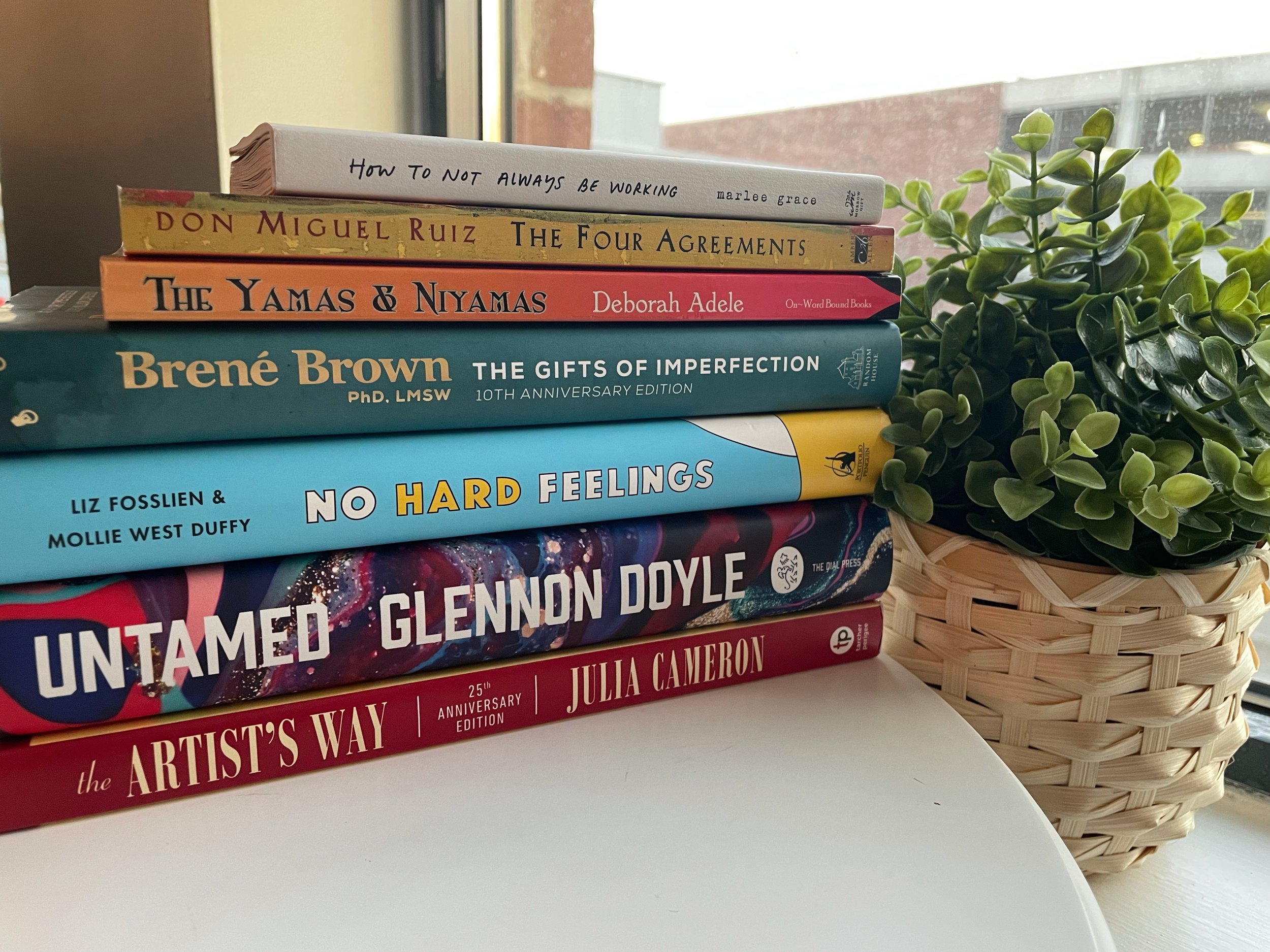I’ve talked to many of my fellow mid to late twenty somethings who have reached about that 4 year mark of working.
No matter if they love or hate their current job, a common conversation that comes up is if or when they should switch jobs.
I just changed jobs for the 1st time and here are some things I learned in the process.
Part 1: Leaving Your Job & Finding a New One
You will know when the right time is to leave.
You hear that most people only stay in their 1st job for about 2 years. As that 2 year, 3 year, 4 year mark approaches, it's hard to not consider the other options out, especially if the job market is hot.
So when is the right time to leave?
I contemplated for a long time switching jobs, and then one week it became blatantly obvious to leave based on things that started changing personally and professionally. It smacked me right in the face.
I think we feel pressure to make a job switch, or at least explore it, but you will know when the right time is. Keep observing and trust yourself.
Keep LinkedIn updated.
I got in the habit of updating my LinkedIn every so often with new projects, responsibilities, and what city I was living in.
I didn’t do this for the purpose of looking for a new job, but it became a game-changer in the process of finding one.
I got reached out to by a recruiter who saw the city I was living in and what I had been working on, and that is how I got my new job.
It isn’t always going to happen that fast, but updating your LinkedIn gives you the opportunity for it to happen.
Do your research.
The application process is very different from the first job we took right out of college. Now we have a few years under our belt and a lot more leverage.
I had no idea what to do with this leverage, especially when it came to salary expectations.
I talked to some close connections, did some research, and realized I may have more leverage than I thought. One site that was eye-opening to me was salary.com.
Don’t count yourself out and do your research.
Ask HOW the work is done.
In the process of interviewing, don’t just ask WHAT work you will be doing, but HOW you will be doing it.
What systems and processes are in place? What are the daily tasks needed to push the needle forward? How do teams interact to get the job done? How open are they to change?
Then asking yourself, is that how I want to be doing things and is this a culture I could see myself in?
You could like the idea of what you’re doing, but understanding HOW the new company does things could help you make an educated decision on if you want to take the job.
This is a big deal.
If you’re looking for a new job, you’re about to change the thing that you probably do for 40 hours a week. It will probably change your routines, maybe where you’re living, and/or the trajectory of your career.
This isn’t to scare you, but I say this because I don’t want you to settle. Don’t settle for a job change that you aren’t excited about. Make sure it checks all or most of the boxes.
Go with your gut; you usually aren’t mad that you did.
Part 2: Starting the New Job
You go from being an expert to a beginner.
I’ll admit, I kind of forgot about this when I changed jobs.
Even if you’re going into a very similar field that you were in, every company is so different and does things in different ways.
This can be a super uncomfortable process so be ready and open to it. I have had to put my student cap back on and be open to learning.
Come from a place of curiosity instead of judgment.
I knew going into a new job that I first needed to learn the business before I jumped in and said “here are all the things that need to be changed.”
It is also easy to assume that whatever you learned in your first job is the “right” and “only” way to do things.
This mindset doesn’t keep us open to a new perspective or really learning the business.
Therefore, I’ve found it important to come from a place of curiosity instead of judgment.
We can not love the way something is done, but there is a method to the madness that people do.
Heck there may be people I encounter that have been working in the industry longer than I’ve been alive. They know the ins, outs, and upside-downs.
I’ve found asking why something is done, instead of just shutting it down completely, is key to being able to jump in effectively and respectfully to improve processes.
Ask for support.
Once I got into the new job, I knew I needed to seek help to make the growing pains less painful.
The people who know your job really well, as well as the people you feel like to can personally connect with and vent to.
Hopefully support is offered to you in your new position, but if not, seek out who the experts are on the subject or the company, and ask all the questions you can.
People could be giving you more credit than you feel like they should and think you got it together.
I’m not the best at asking for help, so I have to remind myself often that people won’t know I need support unless I tell them.
Celebrate where you’re at.
In the middle of the growing pains, someone reminded me recently of the resiliency that you’re building.
You’re learning in a different way than you’re used to and that makes you acquire new skills. Each new skill you acquire only makes for more tools in your tool belt for the next challenge you face.
It is important to celebrate this new career milestone and that you have challenged yourself to go to the next level.
Give yourself credit for that.





















































